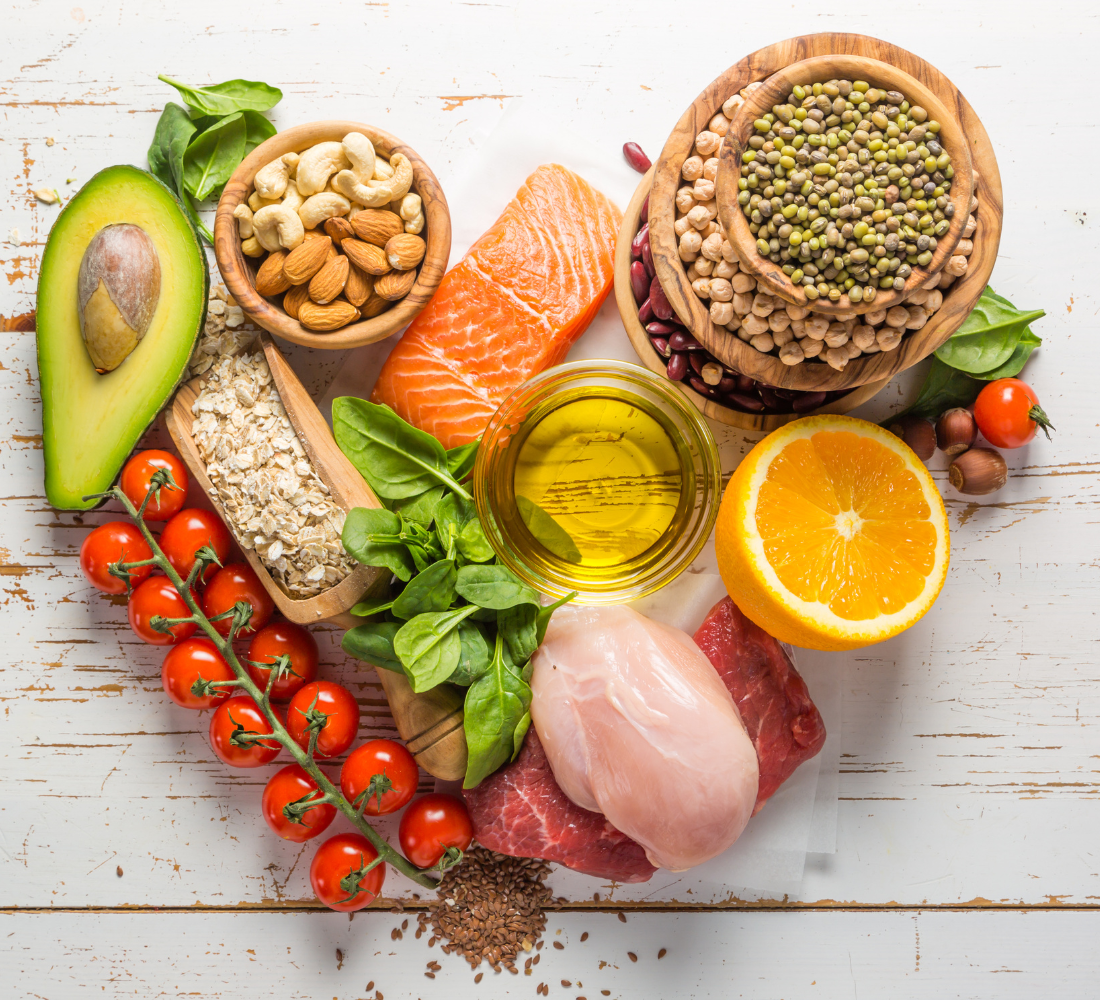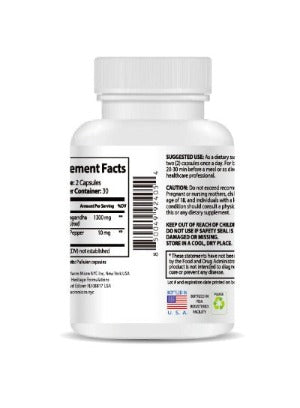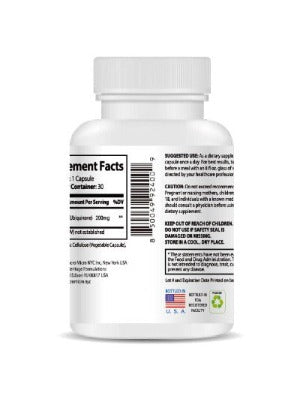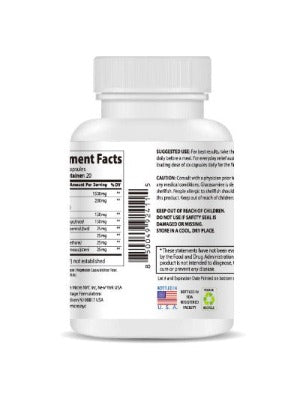The heart is one of the most hardworking organs in the human body. If it stops working, the consequences are unimaginable. To keep it healthy and vibrant, we need to give it special care and attention. This article explores heart-healthy foods and dietary habits that help keep your heart beating healthily and happily!

1. Whole Grains: The Heart’s Energy Pack
Whole grains, such as oats, brown rice, and whole wheat bread, are excellent choices for heart health. They are rich in fiber, which can help lower bad cholesterol (LDL) in the blood while providing long-lasting energy. Imagine starting your day with a breakfast full of whole grains, not only nourishing your heart but also giving you a boost of energy to start your day!
2. The King of Antioxidants: Blueberries
Blueberries are known as a superfood rich in antioxidants. They are packed with vitamins C and fiber, which can help reduce the risk of heart disease. A serving of blueberries not only adds color and vitality to your breakfast but also provides endless benefits to your heart.
3. Nuts and Seeds: The Heart’s Little Guardians
Nuts and seeds, such as walnuts, almonds, and flaxseeds, are rich in Omega-3 fatty acids, which are beneficial for the heart. They not only provide healthy fats but also increase satiety, helping you control your weight. A small handful of nuts can keep your heart healthy and satisfy your taste buds.
4. Gifts from the Deep Sea: Oily Fish
Oily fish, like salmon, mackerel, and sardines, are excellent sources of Omega-3 fatty acids. These fatty acids help reduce the risk of heart disease and decrease inflammation. Imagine enjoying a well-prepared salmon dinner under flickering candlelight, nourishing both body and soul.
5. Vegetables: Green Protectors of the Heart
Vegetables, especially leafy greens such as spinach, kale, and broccoli, are rich in vitamins, minerals, and fiber. They help lower blood pressure and reduce the risk of heart disease. A plate of colorful vegetable salad is not only a feast for the eyes but also a loving gesture towards your heart.
6. The Sweet Appeal of Fruits
Eating more fruits like apples, oranges, and pears, which are rich in fiber and vitamins, can help reduce the risk of heart disease and nourish your skin. A fruit salad or a glass of fresh juice is a sweet gift for your heart.
7. Less Salt, More Health
Reducing salt intake is crucial for maintaining heart health. Try using herbs and spices to replace salt, adding flavor to your food while protecting your heart.
8. Stay Hydrated, Stay Healthy
Proper hydration is important for heart health. Water helps regulate body temperature, transport nutrients, and eliminate waste from the body.
9. Supplementing with Coenzyme Q10
In addition to diet, supplementing with Coenzyme Q10 (CoQ10) is an excellent choice for heart patients because CoQ10 plays a key role in protecting heart health. Its functions include:
9.1 Enhancing Energy Production
CoQ10 converts the energy from food into energy that cells can use (ATP). The heart, being a highly energy-dependent organ, needs a lot of ATP to maintain its continuous activity. Supplementing with CoQ10 helps heart cells produce energy more efficiently.
9.2 Antioxidant Properties
Free radicals, unstable molecules that can cause cellular aging and tissue damage, may worsen heart disease symptoms and progression. CoQ10 is a powerful antioxidant that helps protect heart cells from free radical damage.
9.3 Improving Heart Function
CoQ10 can enhance the heart’s pumping efficiency and reduce its workload. Research shows that CoQ10 supplementation may help improve heart function in heart disease patients, such as those with heart failure.
9.4 Reducing Side Effects of Medications
Some heart medications, particularly cholesterol-lowering drugs (statins), may reduce CoQ10 levels in the body. Supplementing with CoQ10 can help counteract this reduction, alleviating medication side effects such as muscle pain and fatigue.
9.5 Supporting Vascular Health
CoQ10 helps maintain the health and elasticity of blood vessels, improving circulation, which is crucial for heart disease patients.
These simple yet delicious foods and dietary habits not only allow us to enjoy good food but also take care of our hearts. Remember, caring for your heart is caring for life itself. Let's embark on a colorful, delicious, and heart-friendly journey together!
Note: Before changing your dietary habits or using supplements, consult a doctor or nutritionist for professional advice.













